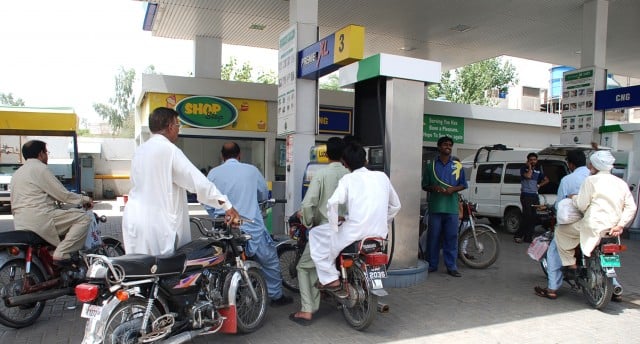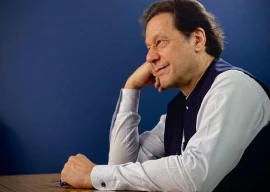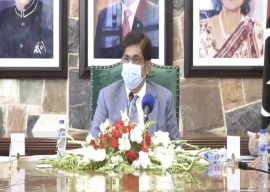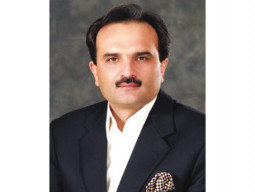
The government on Wednesday decided to take measures to reduce the prices of essential commodities through the Ehsaas targeted subsidy programme, besides mulling over a scheme of subsidy on petrol for the low-income group and public transport.
Prime Minister Imran Khan chaired a meeting of the Pakistan Tehreek-e-Insaf (PTI) core committee, attended by the governors and chief ministers, key federal ministers, as well as the central and provincial leadership of the ruling party.
The participants stressed the need for measures to reduce inflation. It was decided that the Ehsaas targeted subsidy programme would be launched soon to protect the low-income groups from the impact of inflation. It was decided that the subsidy would be provided on basic items.
In the meeting, Premier Imran directed for preparing plans to subsidise petrol price for the low-income groups. He directed the relevant authorities to chalk out a plan to provide petrol at a subsidised rate to motorcyclists, rickshaw drivers and public transport.
The meeting also decided to form committees at district level to reduce inflation and provide the targeted subsidies through the Ehsaas mobile point of sales at utility stores. The targeted subsidy would be provided with joint financial support from the federal and the provincial governments.
“The impact of inflation is being felt, and that is why the government is expanding the scope of health card, farmer card and Ehsaas programme,” the prime minister told the meeting. He directed finalising the subsidy programme soon.
The meeting expressed concern over the rising price of flour in Sindh. The meeting was informed that the mobile point-of-sale system had been developed for the subsidy programme in collaboration with Ehsaas and National Bank, under which the eligible households would receive discounts on groceries.
Prior to the core committee meeting, PM Imran chaired a meeting of the Ehsaas programme, and received a briefing on the Ehsaas subsidy programme from his Special Assistant on Social Welfare Dr Sania Nishtar, Information Minister Fawad Chaudhry told a news conference.
Fawad told reporters that the prices of petroleum products had increased, but that of other essential commodities such as pulses, vegetables, sugar and wheat were on the decline. During the meeting, the prime minister stressed the need for immediate steps to expand the Ehsaas programme.
About the core committee meeting, the minister said that party leaders from Sindh, Punjab and Khyber-Pakhtunkhwa participated in the meeting. Besides Nishtar, Adviser to Prime Minister on Finance Shaukat Tarin and senior officials also attended the meeting, he added.
“K-P and Punjab are ready to become a part of the subsidy scheme. We want that Sindh and Balochistan also become a part of this scheme,” the minister said, adding that Gilgit-Baltistan and Azad Jammu and Kashmir had also expressed keen interest in the scheme.
Read: Govt drops petroleum bomb
The minister said that the real issue was being caused by the Sindh government, which was delaying the release of wheat. The federal government was pressing the provincial government for increasing the release of wheat so that the prices could come down, he added.
According to government estimates, this year “our wheat crop would be better than the previous year”, while the cotton output was expected to be 60% more than the previous year, the minister said, adding that the sugar prices were coming down and would reduce further once the crushing season began.
The minister said that petrol prices had increased but the prices of pulses, vegetables, sugar and flour were showing a downward trend. “If this trend continues, the people will get some relief,” he said, adding that the government was working on tackling inflation. (WITH INPUT FROM NEWS DESK)




1732263441-0/BeFunky-collage-(81)1732263441-0-165x106.webp)
1732263755-0/musk-(3)1732263755-0-165x106.webp)


1732258132-0/BeFunk_§_]__-(26)1732258132-0.jpg)
1732257537-0/Copy-of-Untitled-(64)1732257537-0-270x192.webp)
1726722687-0/Express-Tribune-Web-(9)1726722687-0-270x192.webp)


1634463212-0/ipiccy_image-(9)1634463212-0-270x192.webp)







COMMENTS (4)
Comments are moderated and generally will be posted if they are on-topic and not abusive.
For more information, please see our Comments FAQ